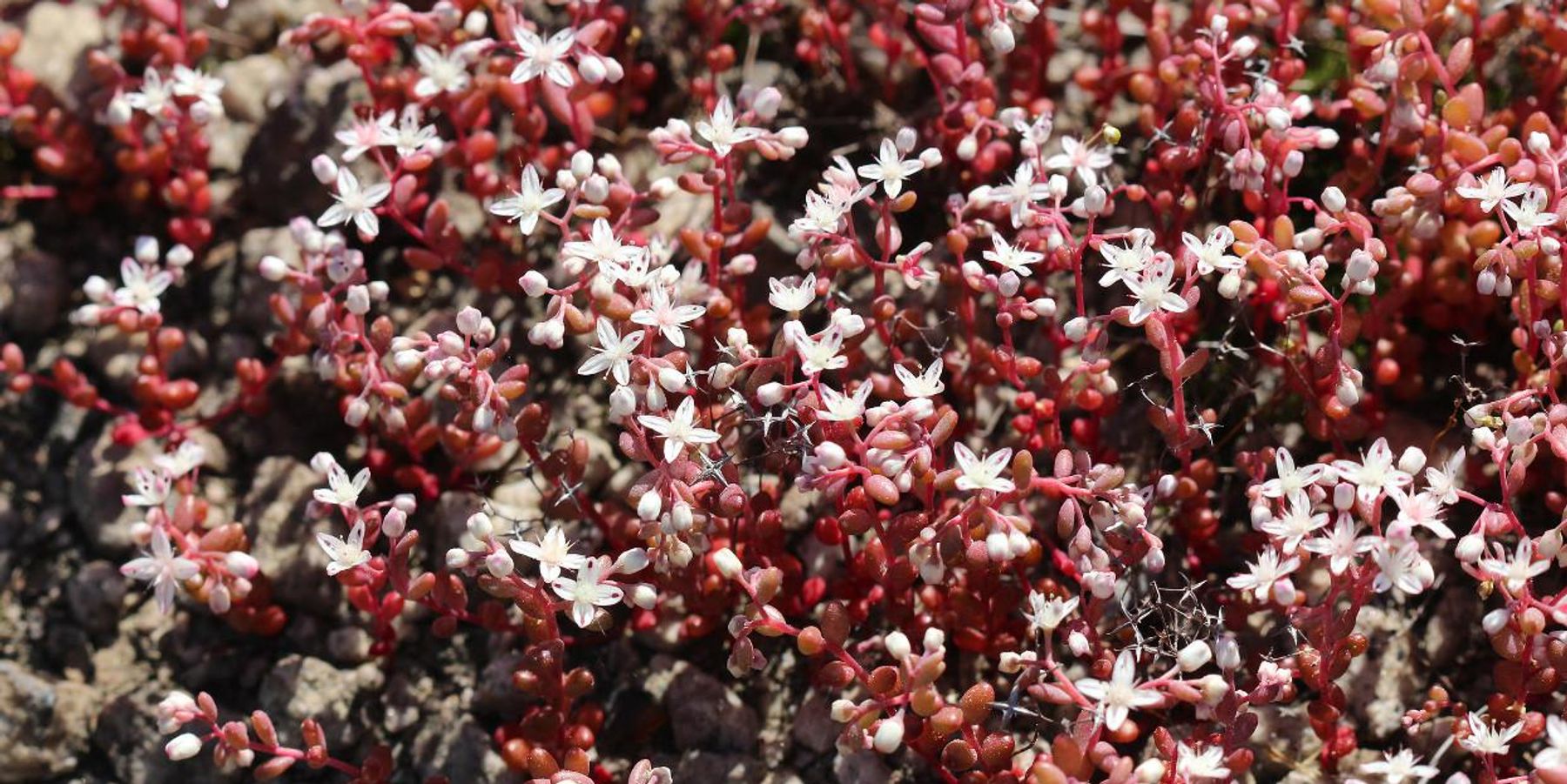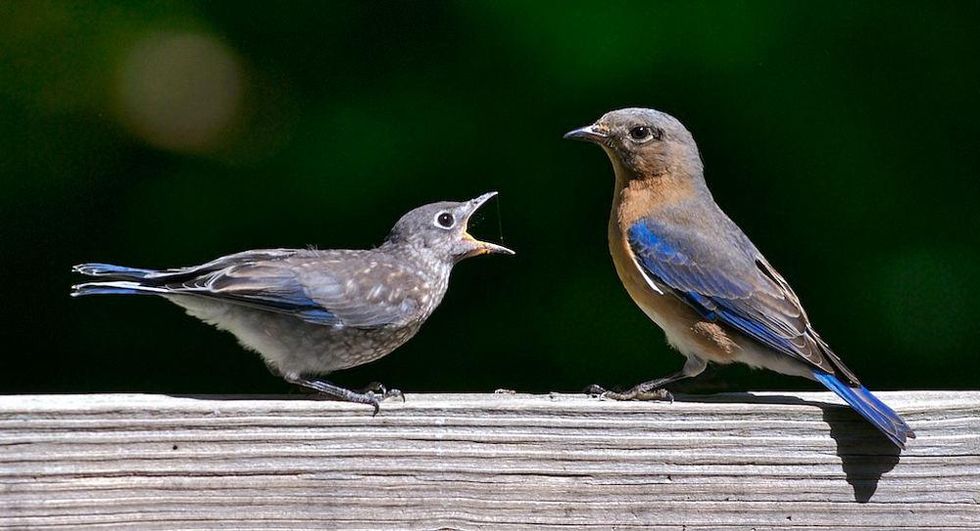
The season of renewal is almost here. We hope.
This coming spring may not be a cure-all, but it will be a welcome break from the dark winter.
Though frigid temperatures, snow storms, and COVID-19 hospitalizations are sweeping the U.S. now, spring—and hope—is on the horizon.
This past week, my native New Jersey was favored with a couple of feet of snow after a nearly snow-less 2020. Atlanta, my home for most of the last 30 years, has totaled about two feet in all of the years I've lived here, but we've had temperatures in the 20s with wind chills in the teens, and that's enough to make Georgia howl.
Then, for those among us who count Marmota monax as a legitimate source of meteorological forecasting, the groundhog hauls off and gives us six more weeks of winter. But, if there's a chance that Punxsutawney Phil is in error, then spring is at our doorstep. Some of nature's most wonderful spectacles will soon follow, and hopefully bring some hope after 13 miserable months.
In a select few spots near Atlanta, spring is the season for the "red stuff," a brilliant red succulent called diamorpha found in small pools on granite outcroppings like Stone Mountain and the lesser known Arabia Mountain. When the diamorphas bloom in late February or March, the tan-colored rock looks like it has the measles.
A few years ago after a spring trip to the woods near Arabia, I was suddenly followed by a flock of bluebirds, as if I were about to sing "Zip-a-Dee-Doo-Dah" in an old Disney cartoon. While year-round in Georgia, bluebirds seem to rally when spring arrives.

Bluebirds in Georgia. (Credit: lecates/flickr)
Tree swallows will soon show up here, diving and darting to feast on the insects making their own early appearance. Overhead, the familiar honking of Canadian geese, headed north in familiar "V" formation to infest lawns, parks, and golf courses as far away as, well, Canada.
In a month or so, ruby-throated hummingbirds will start arriving here in Georgia on their marathon migration. If you follow birds, you probably know about their insane wingbeats (more than 50 per second) or their weight (you'll need nine of them to make an ounce of bird), but did you know what total jerks they are with each other? Male hummingbirds are intensely territorial when they discover a feeder. I've seen one hummer stage a mid-air takedown on another, with both crashing to the sidewalk below in the tiniest thud! ever. Watch the video below, which could make a mint as hummingbird UFC pay-per-view.
Finally, the early spring appearance of another bird has some meaning for me: The stormy petrel. Specifically, the Oglethorpe University Stormy Petrels, who play baseball up the block from me and begin their season on February 12. In late March, they're joined by Cardinals in the midwest, Orioles in the mid-Atlantic, and even Blue Jays in Canada (or, like last season, in Buffalo, if the Canadian government bans trans-border migration).
One of my favorite books is Chasing Spring. In the 2006 book, author Bruce Stutz wangled a way for peak spring to last four months by following it from the Gulf of Mexico in February to the Arctic and its June midnight sun, finding his own renewal after serious heart surgery.
So spring may not be the cure-all that we hope a few billion worldwide COVID-19 vaccinations will prove to be. But it can be pretty glorious.
Peter Dykstra is our weekend editor and columnist and can be reached at pdykstra@ehn.org or @pdykstra.
His views do not necessarily represent those of Environmental Health News, The Daily Climate, or publisher, Environmental Health Sciences.
Banner photo: Diamorpha at Davidson-Arabia Mountain Nature Preserve, Dekalb County, Georgia. (Credit: Philip Bouchard/flickr)













